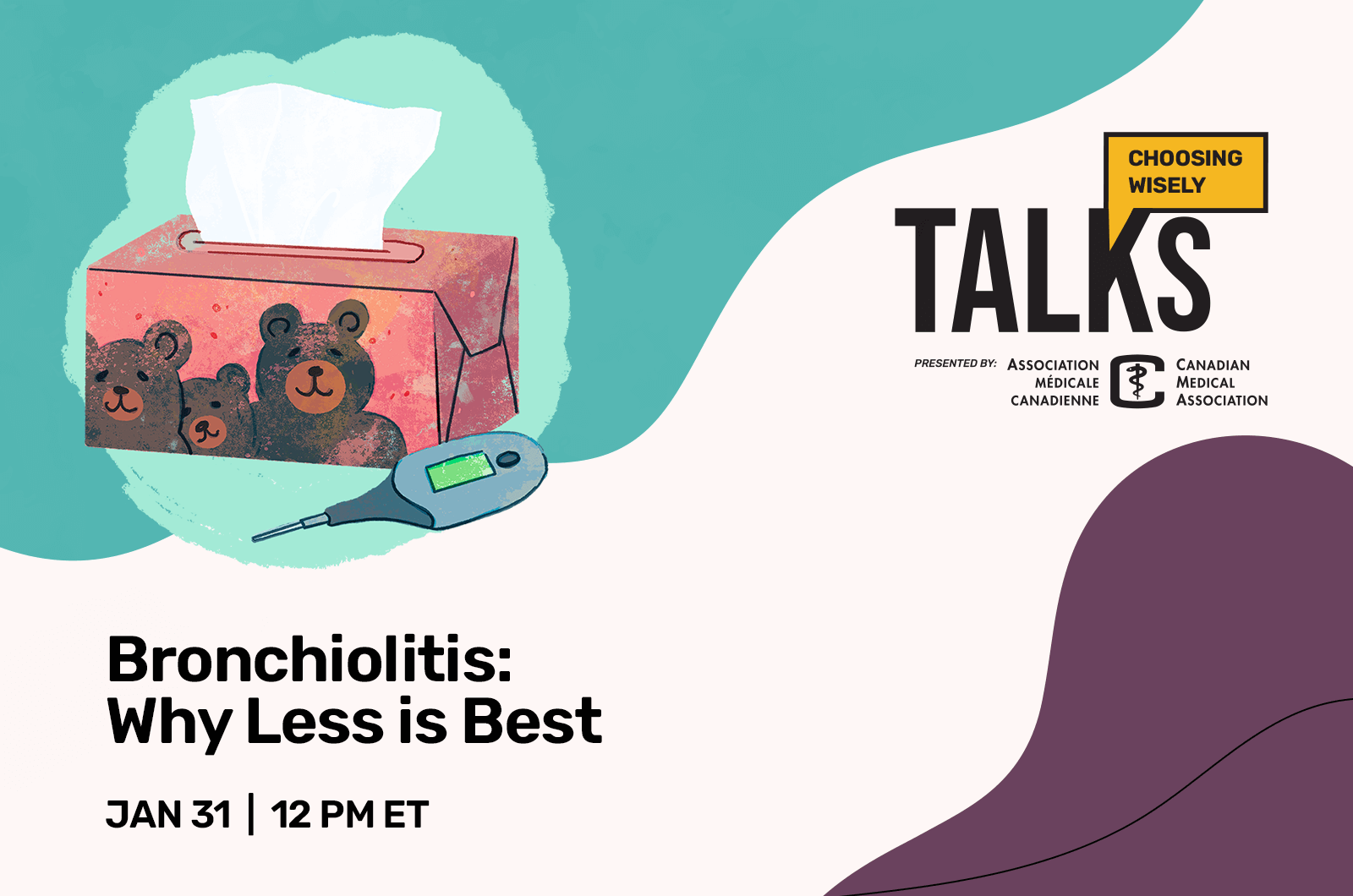Meeting with your healthcare provider can sometimes be stressful and anxiety inducing. Being told you require a test, treatment, surgery, or other procedure can cause a lot of emotion and confusion, especially if they’re using new vocabulary you don’t understand. Before you move forward with your provider’s proposed plans, there are four important questions you can (and should) ask.
Do I really need this test, treatment, or procedure?
This can be a difficult question to ask but knowing the potential benefits of pursuing any medical option is your right. If it’s a test, find out what information you and the team will receive from the results. If it’s a surgery or procedure, learn what improvements on your quality of life you’re going to gain. Getting details on the ‘why’s’ of potential actions can help you make informed decisions and lead to you being a better authority on your own health.
What are the risks or challenges?
These are important to know. You may be required to temporarily halt current medications you’re taking, or have side effects from new prescriptions. Additionally, there may be missed time from work or family, required travel, need for a mobility aid, or someone needed to look after you in the hours and days after a surgery. Tests may not directly impact physical health, but there is a chance of findings that may cause further testing and impact your mental health. Procedures come with possibilities of complications and follow-up appointments or actions. These factors need to be considered and potentially planned for ahead of time.
Are there safer, simpler options?
This might seem like an odd thing to ask, but it can spark a conversation with your doctor about the pros and cons of different alternatives and how they relate to your health goals. You may find the original plan is what’s best for you, or you and your team may discover that there’s a route that works better for your situation or lifestyle. This could mean choosing medication over surgery, or even simple lifestyle changes instead of medications or procedures. The goal should be to find the path that provides results that fit your needs, while minimizing risks and costs to you.
What happens if I do nothing?
Sometimes the best course of action is no action at all. Find out of your condition could get worse – or better – if you choose to remain as-is for the time being. Ask what the downsides and potential effects of that decision could be. If they’re acceptable to you, taking the extra time may allow you to pursue additional options or simply prepare for future actions, whether that’s notifying work or arranging for assistance. Additionally, you may decide the effects of inaction work better for you than the risks and benefits of the procedure overall.
It’s important to remember that you are the authority of your own health. It is both your right and your responsibility to know as much as you can when making decisions. Asking your provider these questions may help you navigate difficult, painful, or scary situations, knowing you’ve done as much as you can to be an advocate for yourself.




